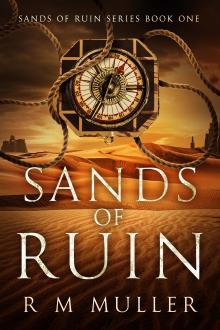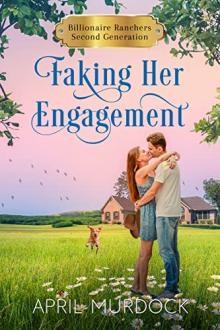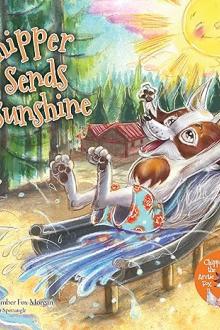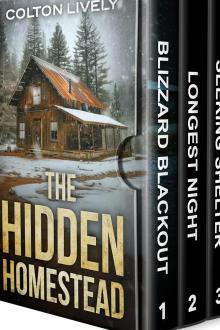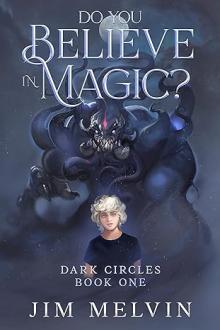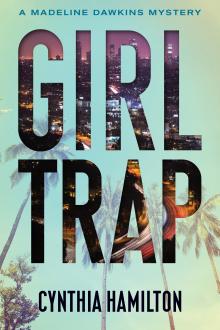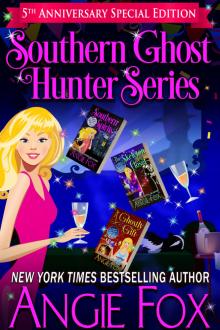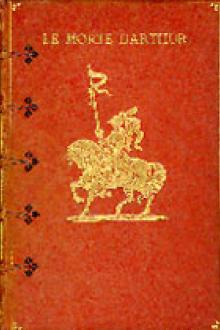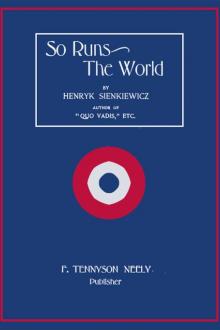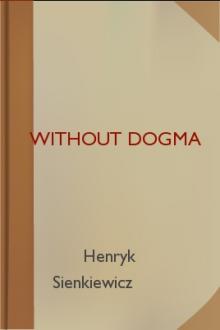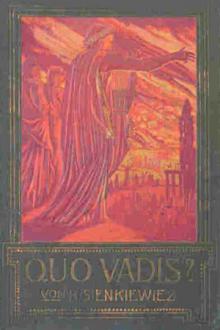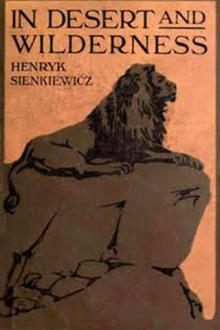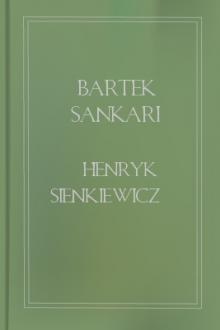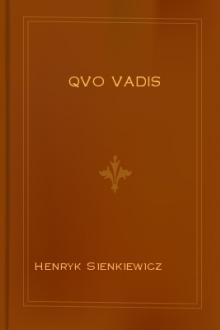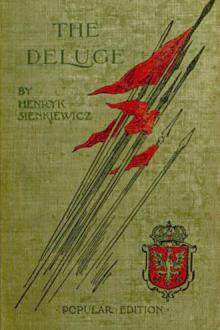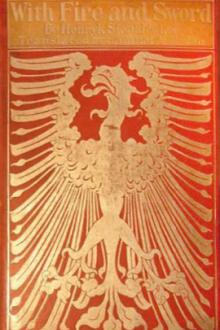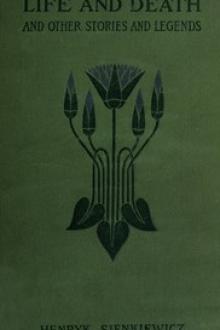Sielanka: An Idyll
Sielanka: An Idyll
Book Excerpt
in of the song ended mournfully, and as if in accompaniment the echo repeated it in the dark depths of the woods; the pines gave resonance as the words ran between their trunks and died away in the far distance like a sigh, less distinct, light, ethereal; then silence.
Later Kasya sang a more cheerful song, beginning with the words:
"I shall become a ring of gold now."
This is a good song. A willful young girl quarrels with her lover and enumerates the means she intends to use to escape from him. But it is useless. When she says that she will be a golden ring and will roll away on the road, he says that he will quickly see and recover her. When she wants to be a golden fish in the water he sings to her of the silken net; when she wants to be a wild fowl on the lake he appears before her as a hunter. At last the poor maiden, seeing she is unable to hide herself from him on the earth, sings:
"I shall become a star in heaven, Light to earth by will be given. My love to thee I shall no
FREE EBOOKS AND DEALS
(view all)Popular books in Fiction and Literature, Short Story
Readers reviews
3.0
LoginSign up
Henryk Adam Aleksander Pius Sienkiewicz (1846–1916) was a Polish journalist and Nobel Prize-winning novelist. He was one of the most popular Polish writers at the turn of the 19th and 20th centuries, and received the Nobel Prize in Literature in 1905 for his "outstanding merits as an epic writer."
Modern readers are not going to enjoy much of Sielanka: An Idyll as it is a product of another time when life was lived at an easygoing, predictable pace instead of gobbled up as life is lived today.
A true idyll, this work is a pastoral poem in prose, a rustic picture painted in words rather than oils.
Written during a time when God was in His heaven and all was right with those not saddled with crime and guilt, the two stories deal with young lovers, the first a young Polish boy and girl deep within a Polish forest.
The sudden jump to Anaheim, California creates a sudden disconnect until the theme once again asserts itself of two young children living out their lives by working in a circus run by a cruel ringmaster.
Most notable is this reviewer discovered within this word picture a tale within a tale that sounds very familiar to lovers of children's storybooks. Though it could be a coincidence, it is possible that Margaret Wise Brown found her inspiration for The Runaway Bunny first within the pages of Sielanka.
Modern readers are not going to enjoy much of Sielanka: An Idyll as it is a product of another time when life was lived at an easygoing, predictable pace instead of gobbled up as life is lived today.
A true idyll, this work is a pastoral poem in prose, a rustic picture painted in words rather than oils.
Written during a time when God was in His heaven and all was right with those not saddled with crime and guilt, the two stories deal with young lovers, the first a young Polish boy and girl deep within a Polish forest.
The sudden jump to Anaheim, California creates a sudden disconnect until the theme once again asserts itself of two young children living out their lives by working in a circus run by a cruel ringmaster.
Most notable is this reviewer discovered within this word picture a tale within a tale that sounds very familiar to lovers of children's storybooks. Though it could be a coincidence, it is possible that Margaret Wise Brown found her inspiration for The Runaway Bunny first within the pages of Sielanka.
- Upvote (0)
- Downvote (0)
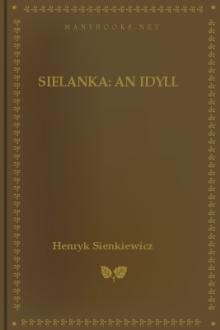
 Free Download
Free Download
